Should I Have Another Baby?
After decades of exerting every effort not to get pregnant, my husband and I decided one weekend it was time to try for a child. Sure, we said. Let’s go.
We made the decision swiftly — perhaps even suddenly — and didn’t look back. As it happened, there was little time for second-guessing, because we were extremely fortunate to find ourselves staring down at a positive pregnancy test not long afterward.
Some months after our first child was born, we were already talking about and planning for a second. It took more time (and some pharmacological, em, assistance from my OB) the second time around, but the decision itself — our choice to (try to) have another child — came to us easily and without much fanfare.
After number two, however, I was thoroughly, utterly, and devastatingly distracted by the same question I had answered rather easily twice before. I changed my mind every four minutes: should we consider another?
“It was fairly easy to say ‘OK, time to start trying to have kids,’ but it’s been far less easy to definitively say ‘It’s time to stop.’”
~ Audrey Less @theeverymom.com
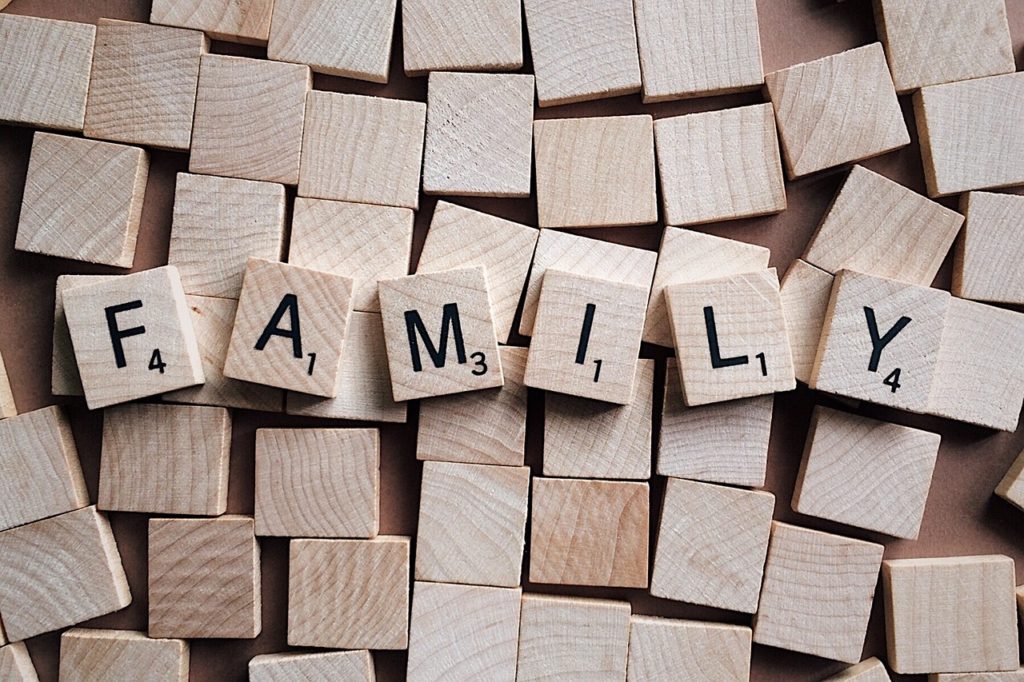
I recognize that my family was exceedingly fortunate to be in the position of considering this exact question as a choice; there are so many who have the matter answered for them via external circumstances, whether it’s the risk of (another) high-risk pregnancy, miscarriage, postpartum depression, age, financial limitations, or new government restrictions on women’s reproductive freedom.
When we asked, many women reported that they decided to stop having children because of 1) the risks to their own health and safety or 2) financial reasons.
In short: I am well aware that the freedom to make the decision — whether to continue having children or stop — was (and is) a privilege and a gift.
And yet, when I was in the midst of making this decision for myself, knowing this^^ made little difference. I literally couldn’t think straight I was so consumed with deciding, one way or another. Personally, whenever I am stuck in the morass of any decision — whether it’s having another child or whether to let my bangs grow out — I dive in and immerse myself.
And so that’s what I did. I read and I tried (unsuccessfully) to be patient. I talked to my husband; I talked to myself; I wrote; and I thought; and I thought some more.
Somewhere in the middle of too much deliberation and no small amount of pressure (couldn’t we just decide already??), I realized that I already knew what I wanted. I just had to give myself the time and grace to see and accept it.

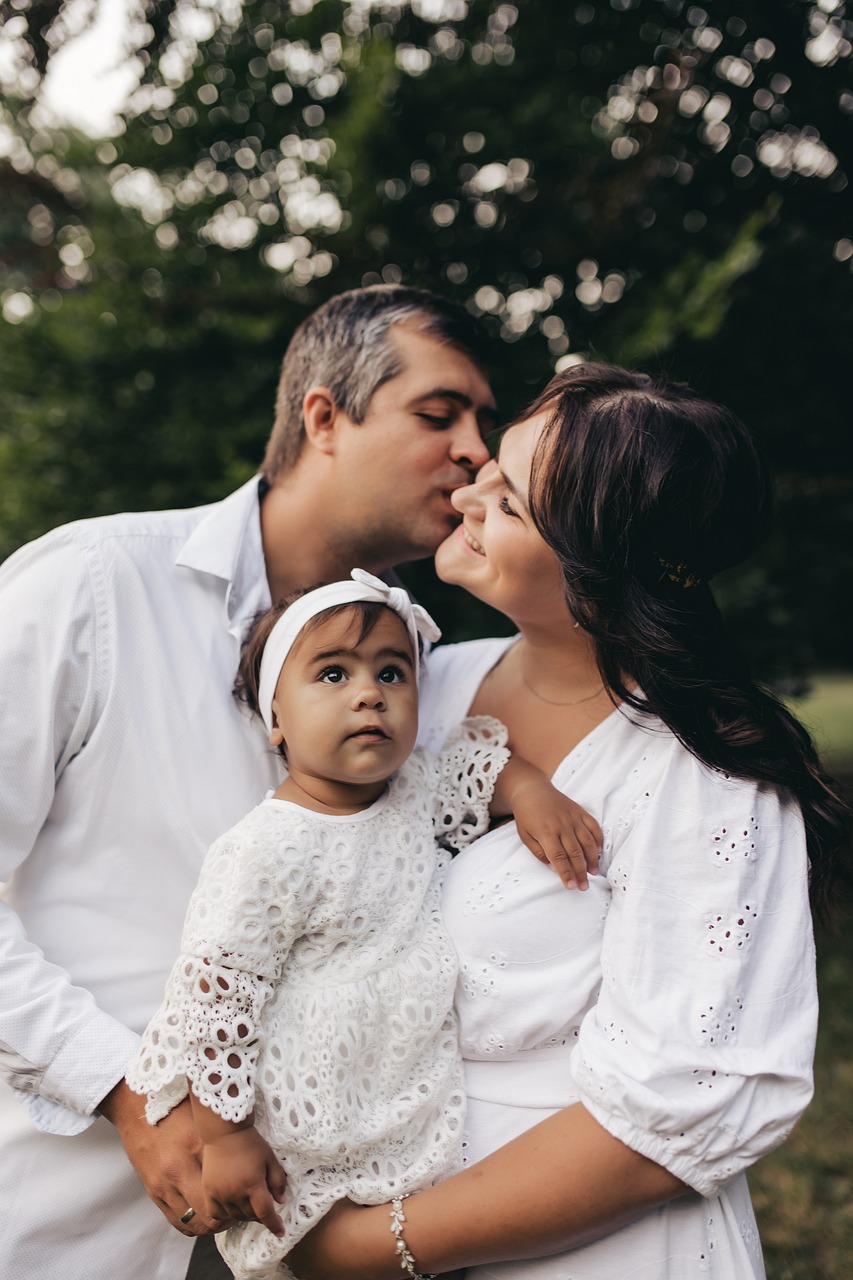
If you, like me, have been (or are) struggling with these decisions — Should I/we have another child? When is our family “done”? When is it time to stop having children? — know that you are not alone. Our team put together this article not for the purposes of telling anyone what to do or offering any answers (indeed, there truly aren’t any), but rather to serve as a source of support and community.
We’ve broken the article into tactical chunks, and we hope something here resonates with you. In the meantime, we’re wishing you the best in thinking this through on your own and in your own way. ❤️
Deciding Whether to Have Another Child: Major Considerations
According to a study published in Marriage and Family Review (you can read a recap of the study here), most adults decide to stop having children for one of four overarching reasons:
1. Satiety
The satiation category encompasses your perception of how “complete” your family feels. You’ve probably heard friends/family say something to effect of: “I feel like something is missing from our family” or “I don’t feel like my family is complete”; or, on the other side of things: “I feel that we already have enough children” or “I feel complete with the child/children I have.”
Of course, these feelings can manifest in all sorts of ways, ranging from a sort of ethereal understanding to a lightning bolt moment of clarity. And they derive from manifold other factors in our lives, including our daily schedules, our children, our pasts, our communities, our self-perceptions, and all the additional considerations below (keep reading…).
2. Time/Availability
This one is pretty self-explanatory… and yet there are subtleties to the consideration. Someone who ultimately chooses to have another child might have thoughts such as: “I believe I could make time for another child” or “this is an ideal time in my career/life to have more children,” or simply have the general feeling that they have space in their days for another child.
On the flip side, someone who decides not to have another child may think: “I don’t have enough time to dedicate to another child” or “my career responsibilities are too time-consuming for another child,” or else have the general feeling that they already don’t have time for their existing children (and/or their own life).

Note that many parents agree there is no “perfect time” to have a(nother) baby, and this can add another layer of difficulty (read: uncertainty) to the decision-making.
The Timeline Piece
Another part of what makes this decision feel so stressful for so many of us, I think, is that not only is time itself a factor — as in, how much of it do you have for another child? — but so too is the timeline of growing a family.
For many different reasons, most of us who are considering whether or not to have another child feel no small amount of pressure to make the decision now. And if not now, like… real soon.
I think this sense of urgency stems from various different factors, including personality type (to what extent are you a planner?), career responsibilities and/or ambitions, as well as parental age and all the unknowns that come along with trying to conceive (not the least of which is, how much time will that take?). Relatedly, I know many women who thought, if I am going to have another child, I’d prefer to do so more immediately rather than waiting X number of years. (Of course, there are also plenty of people who feel the opposite…) But even if you are someone who is more comfortable with waiting, there is still the lingering feeling that you have to make the “right” decision now — today — for the future.

Put another way: we cannot, when our children are fully grown, revisit the past and make different decisions based on what we might then wish our families looked like.
Put another way: there is always the fear of regret.
Put another way: no pressure.
Thus, factoring time into our choices goes much deeper than the immediate question of “do I have time now?” We are also thinking, in the back of our minds, “will I have time then [in the future]?” — as well as, perhaps, “will I wish I had made the time?” or “will it all have been too much?” The “what if” self-doubting questions can really run a loop…
None of us are fortune-tellers, and it’s really, really hard to make such huge choices (that will impact your entire life — always and forever) during a relatively short period of time.
So try to give yourself some grace.
3. Pragmatic Reasons
Many families wind up making a decision about whether to have another child based on practical considerations, ranging from financial resources and/or childcare support to housing/spatial considerations and political/cultural matters and beliefs.

Here is just a small sampling of such points of reason:
- Access to child care
- Child care costs
- Local support — having grandparents or other family nearby to help
- Ease/difficulty of traveling with another child
- How many children fit in your car/home
- The pandemic (many among our own audience were planning to have another child but decided against it in the throes of the earlier months of the pandemic — or, conversely, some were planning to stop having children and then decided to go for it)
- Divorce/death/change in family
- Social/cultural concerns, such as overpopulation or climate change
4. Biological Factors
This category includes numerous health factors such as genetic illness, pregnancy/birth risks, and other personal/familial health concerns.
Sometimes, these considerations fall into the realm of black-and-white, such as if your physician specifically advises against another pregnancy/birth — but often women and parents are put in the position of having to weigh their own health against the possibility of a bigger family. (This is another topic for another day…)
Here are some biological and health-related factors our own readers reported taking into account:
- Former pregnancy complications/suffering, such as placenta previa or hyperemesis gravidarum
- Infertility issues (which also often are tied to “timing” issues, aka taking longer than expected to conceive the first/second time)
- Maternal (or paternal) age
- Previous birth trauma
- Chronic health conditions
- Postpartum depression
- Cancer diagnoses
- Older child had to stay in the NICU
- Risk associated with repeat C-section(s)
- Mental health
- Raising special needs children
Now, knowing these four rough categorizations^^ is only so helpful, but I did find it useful to learn that others wondered about these things too. It also helped me gain some perspective regarding where I fell in terms of my own thinking.

I personally was (lucky to be) floundering in categories one and two (satiety and time/availability), which, to my mind, together amount to something on the order of “bandwidth” — emotionally, physically, and practically. And I think that in an age where we are (thankfully) seeing increasing attention to problems like burnout and work-life (im)balance, this is a concept that really resonates with parents. I know it resonated with me, and it was probably the single biggest consideration that helped me work through the decision-making process: what is my/our bandwidth for another child?
I would also propose that for many of us (🙋🏻♀️), it’s incredibly difficult — if not impossible — to set aside our preconceived notions and imagined families; reckoning reality with expectations can be both demanding and jarring. If you are someone who always wanted a large family with several children, for example, it can be difficult to come to terms with the possibility of a smaller family with fewer children — even if that’s what you desire; likewise, if you presumed your family would be complete with one or two children but find yourself wanting another, that too may be a big change with which to grapple. For many of us, these perceptions also tie back to our own childhood experiences and the families we grew up with. (And then there are always things that catch us offguard: multiples, an unexpected pregnancy, miscarriage…)
Wherever you are and whichever questions tend to pull at your mind the most, here are some of the most helpful and telling things to consider when you are wading through the decision-making process. They come from our friends and family, from each other, from you, dear readers, and from professionals who’ve written about their work with clients in the thick of deciding whether and when to stop having children. They are intended not as a comprehensive guide or a how-to formula, but rather as a constellation of exercises, considerations, thoughts, and support that might help you move forward — or stay right where you are — with peace.
Here goes:
Food For Thought: Questions to Ask Yourself When You Are on the Fence About Having More Kids
• It may sound obvious, but spend time thinking deeply about how another child might change your life in both the immediate and the longer-term.
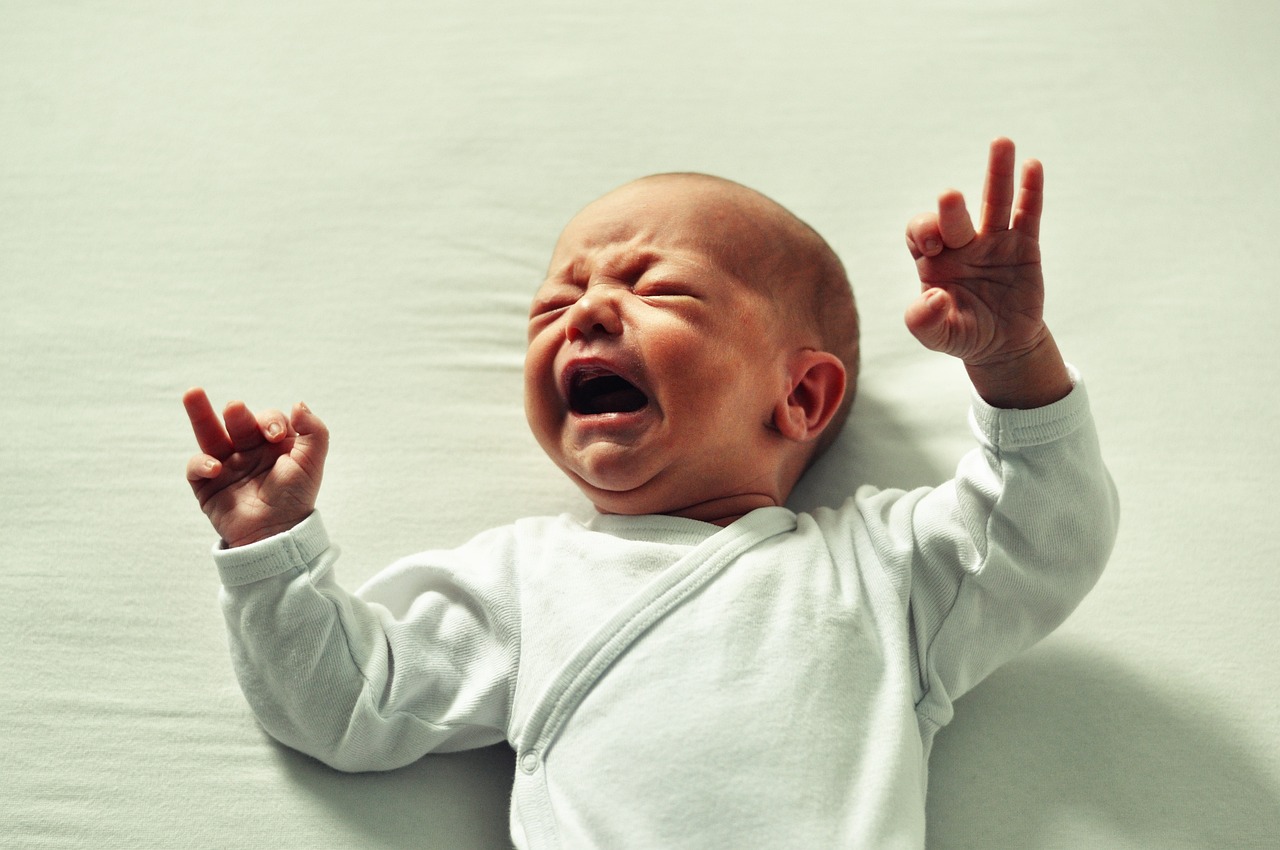

What will be different about your life? What will you gain in your day-to-day experience? What will you have to give up? Since you already have one or more children, you are likely familiar at least with the basic considerations for the earlier years (nights, diapers, nap times, etc.); but think too about how things may look down the road, in five or ten or even fifteen years. There are an almost endless number of factors to think about here, ranging from day care and schooling to travel preferences, career aspirations, and your family’s household division of labor, among SO many others…
• Consider these same basic questions^^ for your existing child/children. How would another child change life for your child(ren)? How might it affect them and their relationship with you and/or your partner? You know your child and their needs better than anyone, so no one is better poised to answer these kinds of questions than you.
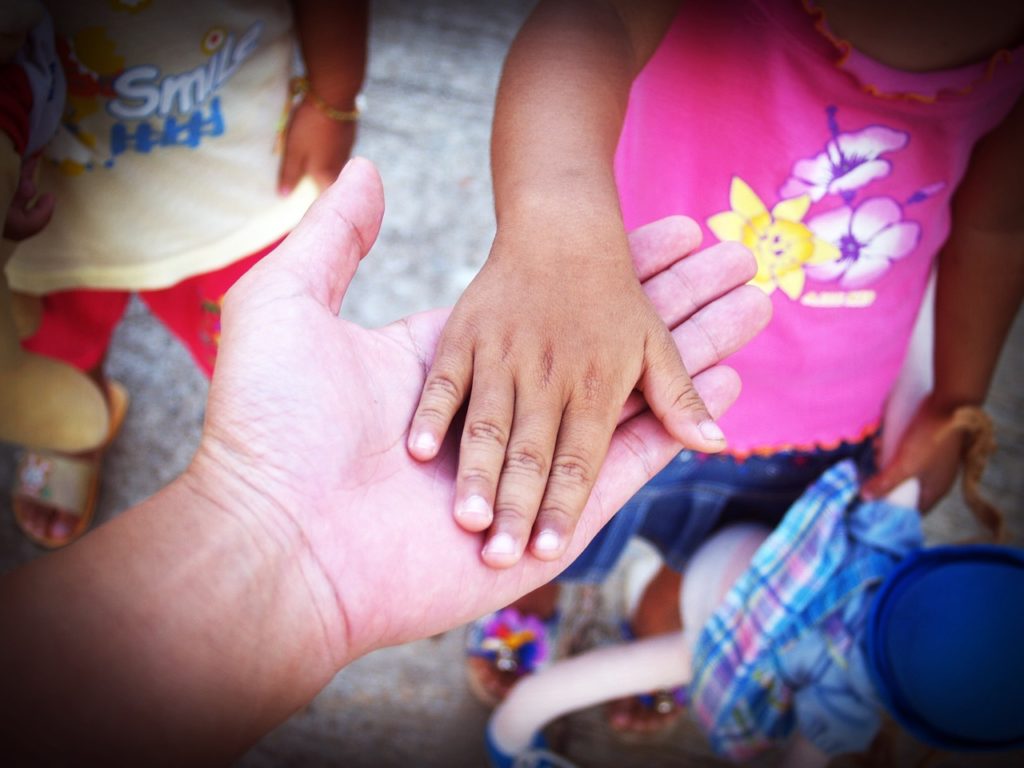
• Adding another child to a family typically comes with added chaos — how do you personally fare and cope with chaos? This may be an especially important consideration for highly sensitive parents.
• How do you feel about being pregnant again? (Or seeing your partner through her pregnancy?) [See also: See my colleague Marissa’s brief note below discussing what to do if you and your partner are not on the same page.]
• Think about how you feel when a friend or family member tells you she’s pregnant — are you jealous? Or relieved? How do you feel about being around babies? Desirous or exhausted? Don’t put too much stock in these questions, because they’re not necessarily clear indications. There are many stages of motherhood, and using your reaction to other families’ circumstances isn’t the perfect gauge, but it’s interesting to keep in mind and take notice of how you feel in these moments.
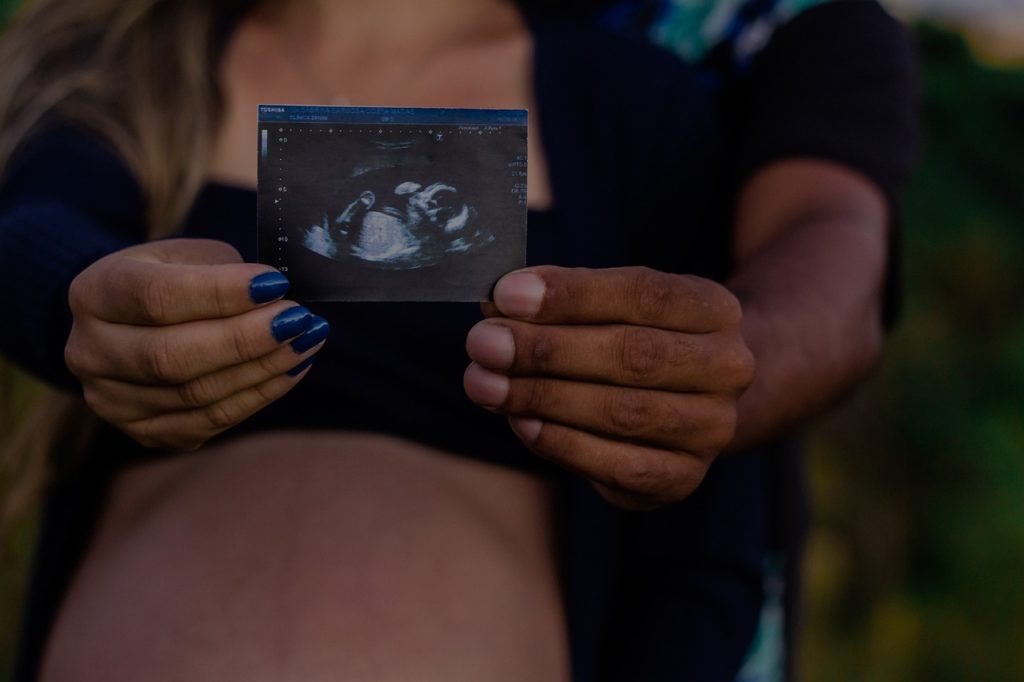
• Social psychologist Daniel Gilbert writes in his wonderful book Stumbling on Happiness that one of the most productive ways to sort through whether “X” [insert life-altering decision here] may make you happy is to ask others who are “in it.”
Ask friends or family who have more children about their lives and family dynamics, what they love and what they find a struggle; ask families with fewer children how they feel about having a smaller family; ask parents with older children about their choices, and ask friends who have decided to stop having children about how they came to their decision (and how it’s sitting with them). Obviously this is so personal that no one else can answer the question for you, but hearing from others can attune you to considerations, thoughts, and perspectives that may not otherwise occur to you. (You can use this same strategy to also further explore how you might feel in the future.)
• If you are truly on the fence, you may want to consider “seeing what happens” with no birth control. Que sera, sera, as they say… I know many families who have been unable to come to a solid yes/no decision and chosen instead to neither “try to conceive” nor try not to — a strategy one friend very formally referred to as the “throw up your hands” way of decision-making. For some, this kind of Not Quite Deciding is actually a welcome relief; while for others, it winds up just feeling like an ongoing sidestep. If it has any appeal, though, it’s definitely something to consider.
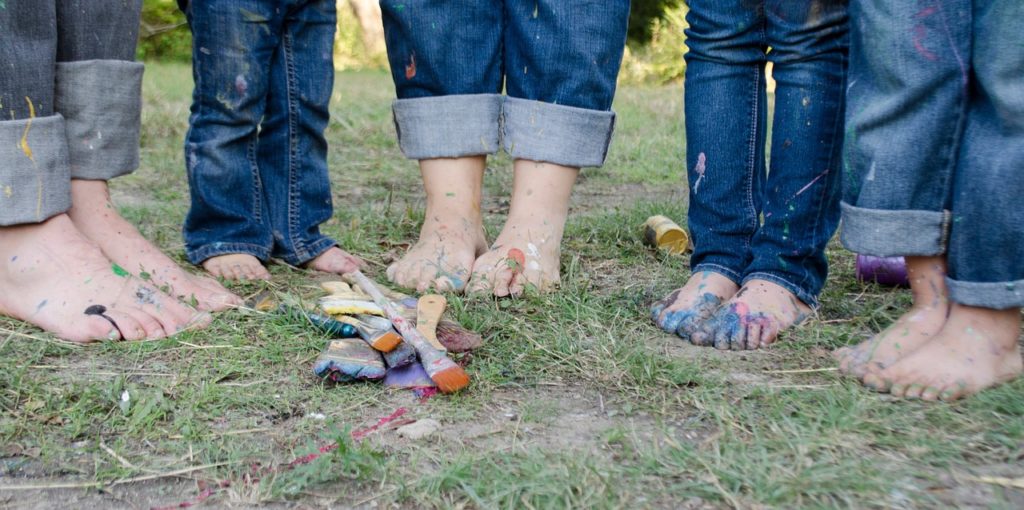
What to do When One Partner Wants Another Baby… and the Other Doesn’t
Marissa Bader
What happens when one partner wants another baby, but the other doesn’t? This is an all too common scenario that can be really difficult and emotionally challenging to navigate. Here are some helpful tips on what to do if you find yourself in this situation:
Lay down your defenses. If you want another baby and your partner doesn’t, or vice versa, it can be really hard not to become defensive and lay your stake in the ground at all costs. Though much easier said than done, try your best to approach the conversation with an open mind. When we get defensive, we shut down healthy, two-way communication and it can be hard to hear any side but our own.
Listen to understand why. Building off tip #1, really listen to what your partner has to say about why they do or don’t want to add more children to your family. Take your time to really understand what’s behind their reasoning. If they don’t want another baby, maybe they’re fearful they won’t be able to parent another child well? Or perhaps they’re worried it won’t be financially feasible to bring another child into the family?
If they do want another baby, maybe it’s because they grew up in a big family and want your children to have the same experience? Or maybe they were an only child and want your child to have a sibling to go through life with? Getting at the heart of why you each feel the way they do will help you understand one another better and work through the situation more respectfully – with the hope to eventually get to a middle ground.
Seek therapy. If you and your spouse are gridlocked over this situation, seeking the support of a marriage and family therapist (or any type therapist who works with couples and families) will be extremely helpful.
• A therapist who specializes in helping couples decide whether to have children explained that they tell their clients that a key reason many people feel stuck is because “they’re trying to figure out what they want (their heart’s desire about parenthood) and what they’re going to do about it (make a decision) at the same time. The result is gridlock in your mind, and you cannot think your way out.”
As such, the follow-up recommendation is to set decision-making aside entirely — and focus solely on what you want. Personally, I find this piece of advice^^ almost breathtakingly freeing: you don’t have to decide and do all at once.
Since reading this, I have used this maxim in all kinds of decision-making and found it so helpful because when we aren’t zeroed in on the action piece of things, we actually give ourselves more space for wondering, for reprieve, and for honesty.
• Stop Thinking That There’s Any Right or Wrong: As Carolyn Hax explained so eloquently in an advice column on this topic in The Washington Post: “The most say you have in your satisfaction from one experience to another is through self-acceptance. If you can get yourself to a point of confidence that either choice will work out fine for you, in different and not entirely predictable ways — or will run its own course, good or bad, either way — then the pressure’s off, and you can let the answer come to you. Thinking there’s a wrong answer might be what’s tripping you up.”
When it comes down to it, there truly is no right or wrong decision — there’s only the response that feels right for you and your family… which also may change over time. And that’s okay. When we can step back from the pressure we put on ourselves, and really take the time to think about it (with both truth and grace for ourselves), we can start to figure things out, whatever they may be.
And at the end of the day, whether you choose to have more children or not, and whether you have one child or eight, you get to create the family life and culture you and your partner desire, complete with your own traditions, principles, routines, commitments and all the rest. Reflecting on all this, I am left with something else Carolyn Hax wrote echoing in my mind: “People grow into the lives they create for themselves.” And how beautiful is that?

Your article is so timely. Thank you. I’ve been subscribing for years and love the practical advice you offer. I just published my story on ‘why I don’t have a 2nd kid yet’. On aspect you didn’t bring up that folks might be interested in is the environmental piece, which I talk about about and have researched.
https://link.medium.com/cvK3yosktwb
Your article is so timely. Thank you. I’ve been subscribing for years and love the practical advice you offer. I just published my story on ‘why I don’t have a 2nd kid yet’. One aspect you didn’t bring up that folks might be interested in is the environmental piece, which I talk about and have researched. I’m sharing if helpful and because I too, agree having a community here helps.
https://link.medium.com/cvK3yosktwb
I would also add mental health to this. Having another child impacts your personal mental health, your partner’s mental health, and your relationship. It’s about honoring yourself as a person, not just as a parent. It can be hard to put yourself “first”, but you need to be whole to give so much to your children.
Lucie’s List just quoted Carolyn Hax. Two of my MOST favorite sites merge. And my life is now complete. Thank you!